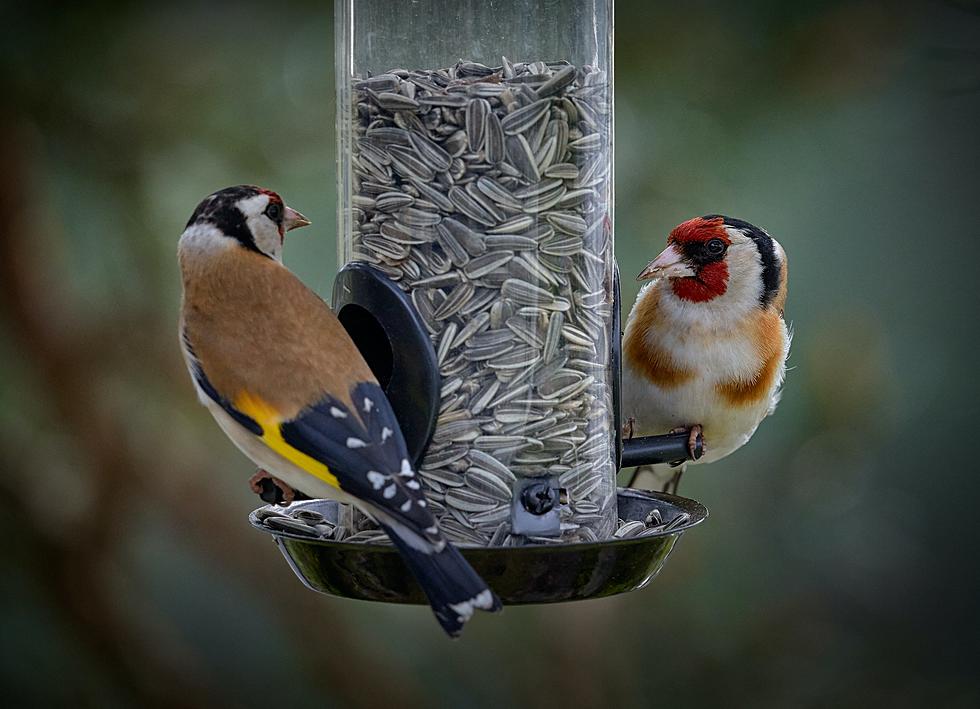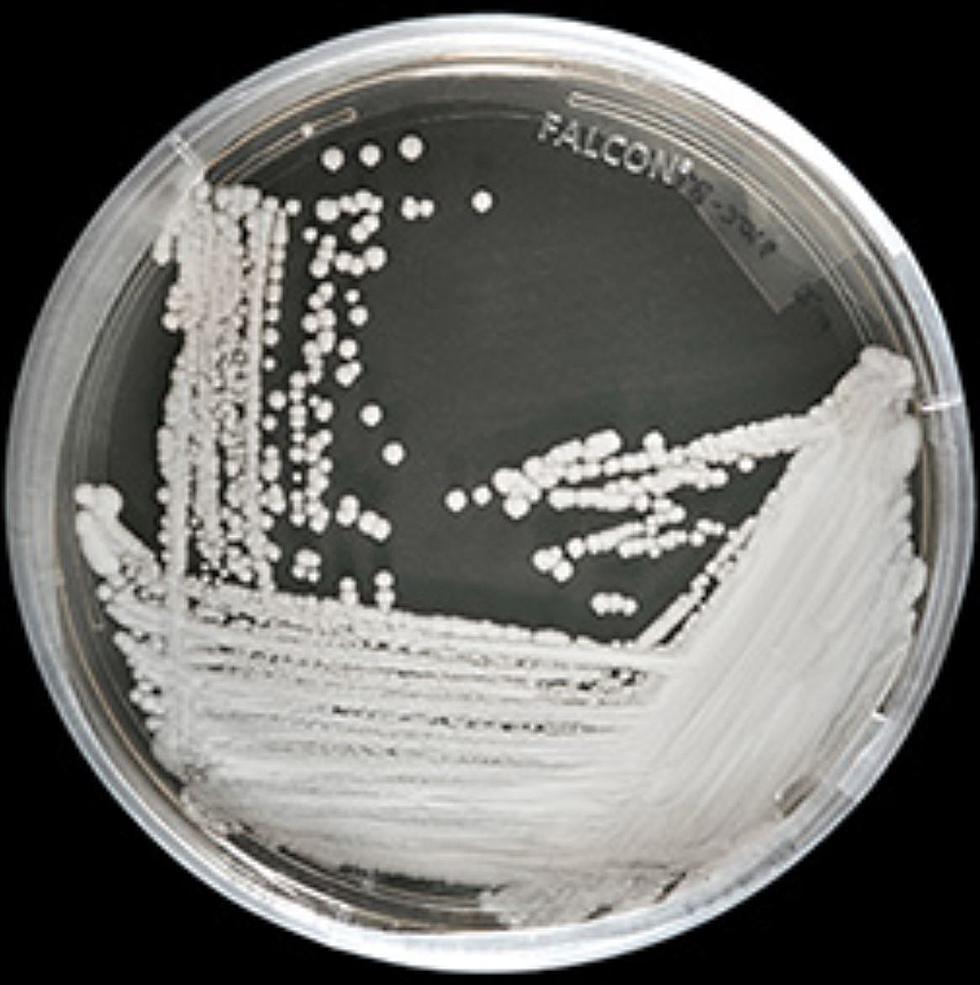
Whooping Cough Outbreak In Otsego County
Oneonta High School has an outbreak of Pertussis, also known as 'Whooping Cough' with six confirmed cases.
Just 2 cases of Pertussis within a County is considered an outbreak. Pertussis is very contagious says Jenilee Foster, Physician’s Assistant at Five Star Urgent Care and tells WKTV it's important to be diagnosed early:
"It’s a highly contagious upper respiratory tract infection, so it’s easy to spread from one person to another. There is a vaccine. The Tdap vaccine that tries to prevent. It’s not 100% preventable, but it actually is a rare illness, so when these rare illnesses come about it only takes a few to make a big potential problem."
Jenilee Foster goes on to say symptoms can be subtle.
"You can have just a runny nose and like a low-grade fever and just not feel well for one to two weeks, then all of the sudden you can develop this really harsh cough, and then you can get these high pitched, almost like a high pitched cough or breath that you get that’s almost like a whoop. And these patients can get so bad as far as coughing that they could start throwing up or have apnatic episodes. That’s where they stop breathing completely."
The CDC says Pertussis is a highly contagious respiratory disease. It's caused by the bacterium Bordetella pertussis. Pertussis is known for uncontrollable, violent coughing which often makes it hard to breathe. After cough fits, someone with pertussis usually needs to take deep breaths, which result in a “whooping” sound. Pertussis can affect people of all ages but can be very serious, even deadly, for babies less than a year old.
Oneonta High School parents were notified that the district has several confirmed cases of pertussis (whooping cough) at the high school and the cases were also reported to the Otsego County Health Department.
The Oneonta City School District say children diagnosed with pertussis by a doctor should not attend school and public activities until they have been on an antibiotic effective to treat pertussis for five days.
People usually catch whooping cough by breathing in tiny droplets that are released into the air when someone who is infected coughs or sneezes. You can't see them, but those drops are there. Web MD says there are two things you can do to reduce the symptoms and spread of whooping cough:
- Wash your hands.
- Make sure you cover your nose and mouth when coughing or sneezing. Encourage children to do the same.
Bonus Video:
More From 96.1 The Eagle









